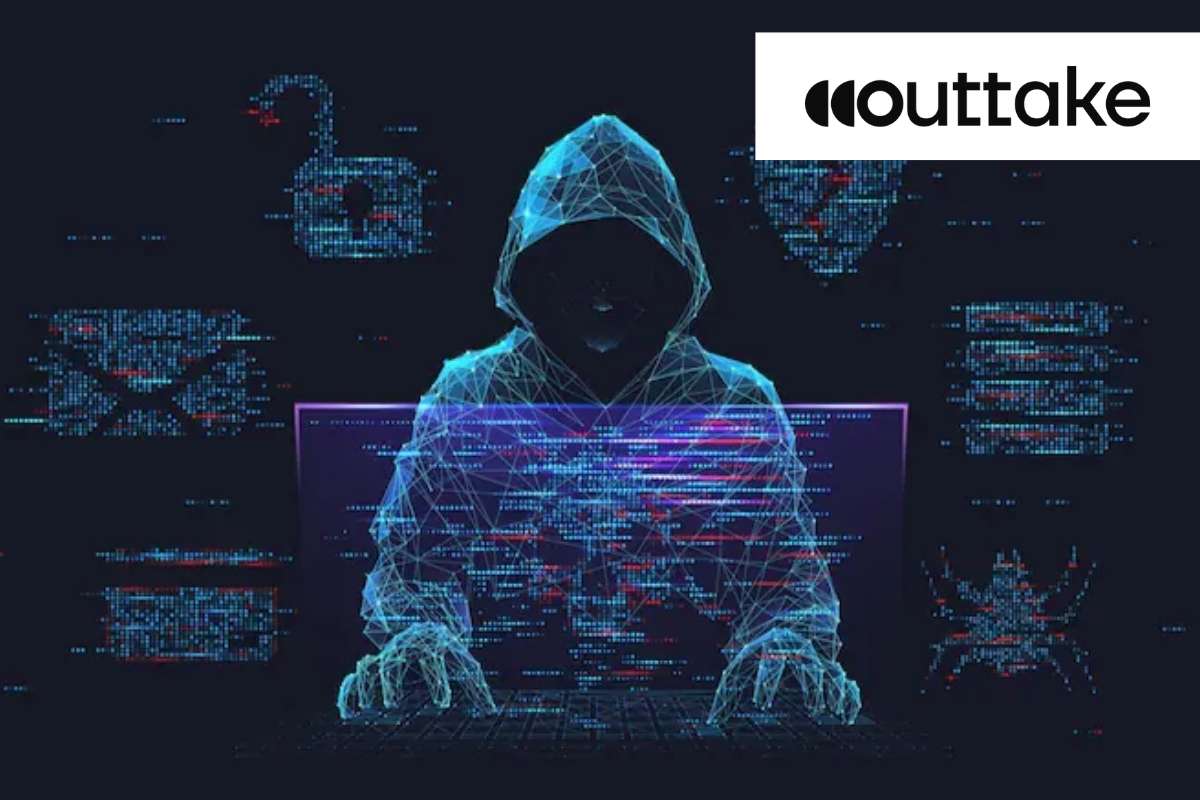University of Florida Hosts Cybersecurity Competition
In recognition of Cybersecurity Awareness Month, the University of Florida (UF) is hosting the Florida Cyber Bowl Game from October 7 to 25. This virtual competition includes nine universities, such as the University of South Florida (USF) and Florida State University (FSU). The Cyber Bowl is designed to educate college students on cybersecurity threats by testing their knowledge through a quiz-based format. The competition seeks to shed light on the hidden dangers of common scams and security breaches that students may encounter in their everyday online activities.
Universities will be judged based on three criteria: the number of participants, the highest percentage of participants, and the most correct answers. According to the current scoreboard, the University of Central Florida (UCF) ranks in the bottom third, while the New College of Florida leads in percentage participation. Meanwhile, Florida International University (FIU) is at the top in both count and score. The competition’s ultimate goal is to enhance cybersecurity awareness and encourage students to take preventive measures against digital threats.
Cyber Bowl Common Cybersecurity Threats Targeting College Students
College students are often vulnerable to a variety of cybersecurity threats, which can be mitigated with increased awareness. The five-question quizzes in the Cyber Bowl aim to highlight the risks associated with phishing scams, unprotected passwords, and unsecured networks. INFOSEC Inc., a cybersecurity education platform, identifies repetitive or weak passwords, phishing emails, and public Wi-Fi as some of the most common threats targeting students. These threats can often be avoided by staying informed and cautious.
For instance, using public Wi-Fi can expose users to malware, viruses, and even identity theft. Norton, a leading antivirus and anti-malware software company, advises users to switch to secure networks or use personal hotspots whenever possible. If public Wi-Fi is the only option, users are encouraged to take precautions, such as setting strong passwords, enabling two-factor authentication, and ensuring websites they visit begin with “HTTPS” to browse more safely.
UCF Encourages Cybersecurity Education with Virtual Events
To further promote cybersecurity awareness, the University of Central Florida’s Information Security Office is hosting three virtual events throughout October. These events will focus on educating students, faculty, and staff on how to stay secure online and protect the university’s digital infrastructure from potential cyber threats.
David Zambri, UCF’s Chief Information Security Officer, emphasized the importance of these initiatives in a campus-wide email. He stated that the mission of the events is “to equip every UCF staff member, student, and faculty with the knowledge and tools to safeguard themselves and strengthen our university against cyber threats.” With increasing cyberattacks targeting universities and their networks, UCF’s efforts align with a broader push to ensure that individuals remain vigilant and informed about the latest digital security risks.






